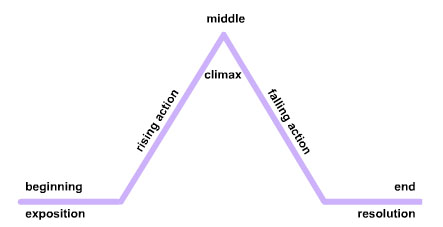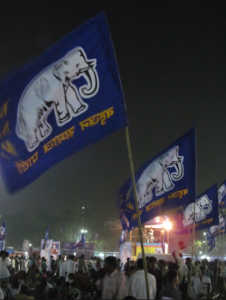 Gun fights, political intrigue, and a race against time. Reading fiction is one activity that provides a little excitement. While I enjoy a range of authors and styles, my favorites are the pulp espionage and legal thrillers from authors like David Baldacci, John Grisham, and Steven Martini. The exciting plot keeps me highly engaged and turning the pages to see how the hero or (sometimes) heroine fight off or outwit the dangerous, enigmatic threat. Like many people, I appreciate a good narrative, and that desire for a manageable, linear plot is not limited to reading novels.
Gun fights, political intrigue, and a race against time. Reading fiction is one activity that provides a little excitement. While I enjoy a range of authors and styles, my favorites are the pulp espionage and legal thrillers from authors like David Baldacci, John Grisham, and Steven Martini. The exciting plot keeps me highly engaged and turning the pages to see how the hero or (sometimes) heroine fight off or outwit the dangerous, enigmatic threat. Like many people, I appreciate a good narrative, and that desire for a manageable, linear plot is not limited to reading novels.
Reading in Hayden White’s Tropics of Discourse (yes, I also read some academic works during the summer) has prompted me to reflect on these preferences and their connection to my own writing. White argues that the construction of a historical narrative has important similarities to fiction writing, as the historian selects data from the range of sources she peruses and pieces them together into a narrative, choosing particular “modes of emplotment” (such as romance, comedy, or tragedy) that generally correspond to particular explanatory approaches in the field of history. Continue reading “The Narratives We Like”

 When Sam Harris argues that we need to “defend them [nominal Muslims],” he fails to realize that the way he constructs Islam actually defends the ideas of those he labels “jihadists”. On
When Sam Harris argues that we need to “defend them [nominal Muslims],” he fails to realize that the way he constructs Islam actually defends the ideas of those he labels “jihadists”. On  During the ongoing campaign for India’s Parliament, a leader of the Bahujan Samaj Party (BSP), Mayawati, reportedly asserted that
During the ongoing campaign for India’s Parliament, a leader of the Bahujan Samaj Party (BSP), Mayawati, reportedly asserted that